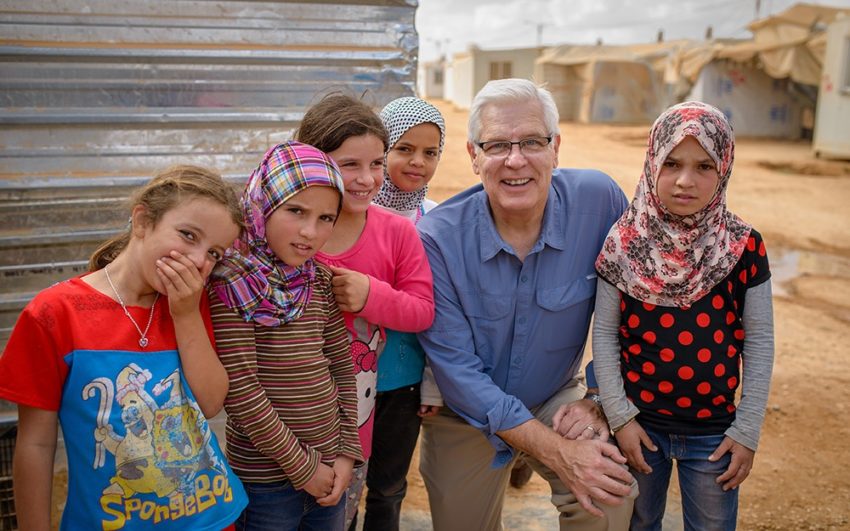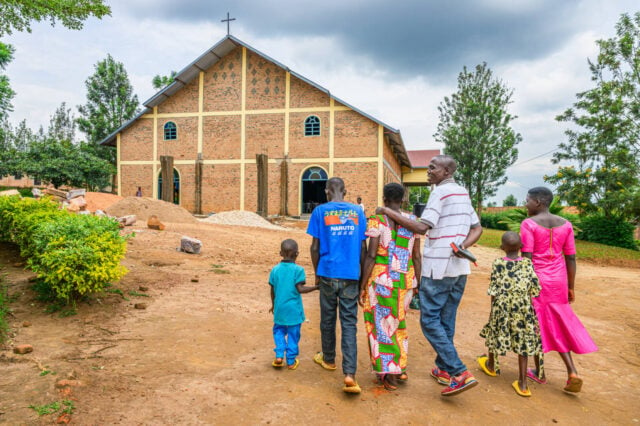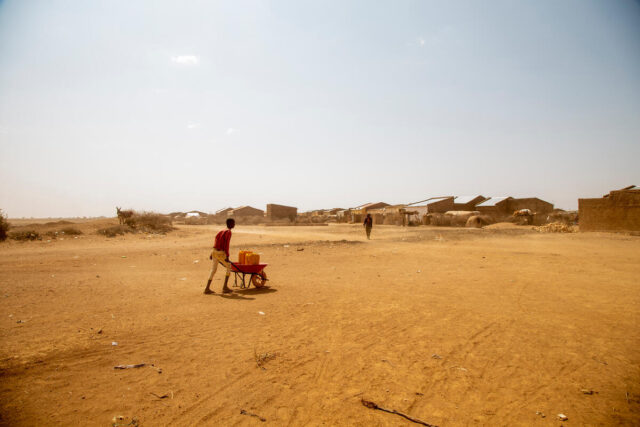More than two decades ago the world’s conscience was awakened by the shocking news coverage of two tragic events: the genocide of 800,000 people over three months in Rwanda, and the appalling treatment of orphans in Romania. The anniversaries of these events provide opportunities to recognize the real progress made in tackling the root causes of poverty and lifting millions of people out of grinding, dehumanizing degradation.
Indeed, tackling poverty’s root causes is hard, challenging work. Yet your support and years of dedicated work show that we are winning the fight. This kind of success is happening beyond Rwanda and Romania. It is global, and it is astounding.
Have I not commanded you? Be strong and courageous. Do not be afraid; do not be discouraged, for the Lord your God will be with you wherever you go.—Joshua 1:9 (NIV)
Consider these signs of progress — just in the last five years: Every day, 8,500 fewer children younger than 5 die of preventable causes. That’s more than 3.1 million children’s lives saved each year. More than 400 million people have gained access to clean water, while malaria deaths have dropped by a third. Progress like this is being made on a number of fronts.
We know what it takes to end “stupid poverty,” as the rock star and anti-poverty campaigner Bono calls it. My prediction is that if the global community continues to aggressively address this kind of preventable poverty, we will see it significantly diminished in the next 10 to 20 years. We will have built and staffed enough schools, dug enough wells, provided enough health clinics. And we will have encouraged enough entrepreneurs, enabled enough farmers, and empowered enough women. Children will be able to grow up in safety, earn a living, send their own children to school, and grow old to enjoy their grandchildren.
But there is another kind of poverty. It’s not the “stupid poverty” that is more easily dealt with — it’s deep-rooted poverty in extremely fragile contexts that is much harder to address. You see, solutions to poverty can only work to their maximum potential where there is basic infrastructure supporting development. The roads are paved and safe. The government is reasonably responsive to its citizens. And the justice system is basically fair. Unfortunately, for about a billion people, these necessary ingredients for prosperity are largely absent.
We must start now to do more to address poverty that results directly from fragile states: countries like the Democratic Republic of the Congo, South Sudan, Somalia, and Afghanistan. Development in these and other places are held back by conflict and war, unstable governments, corruption, or geographic limitations. It will be in these difficult places that the road to progress is more hard-fought.
My own unofficial motto for World Vision is that we do the hard work in the hard places over the long haul. That’s because God has called us to the cold places, the broken places, and the ragged edges. We are to be a healing balm on the open sores of our world. We are to demonstrate God’s irresistible love and bring hope to the hopeless.
That’s what has been happening in Romania and Rwanda, places that were once cold and broken but are now experiencing a new birth. God’s love truly changes everything. “In this world you will have trouble,” Jesus says in John 16:33 (NIV). “But take heart! I have overcome the world.” With such a hope, we cannot fail to follow Jesus to these fragile states, these most hurting of places in our world and show the love of God.
World Vision U.S. President Rich Stearns is the author of The Hole In Our Gospel and Unfinished. Follow him at twitter.com/richstearns.


